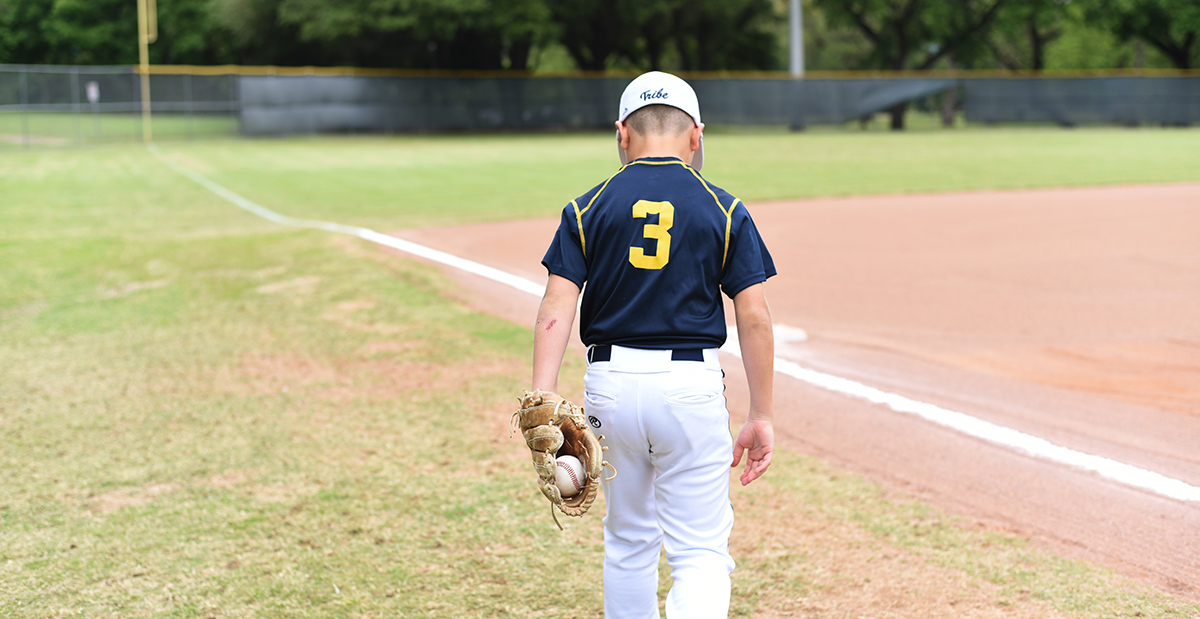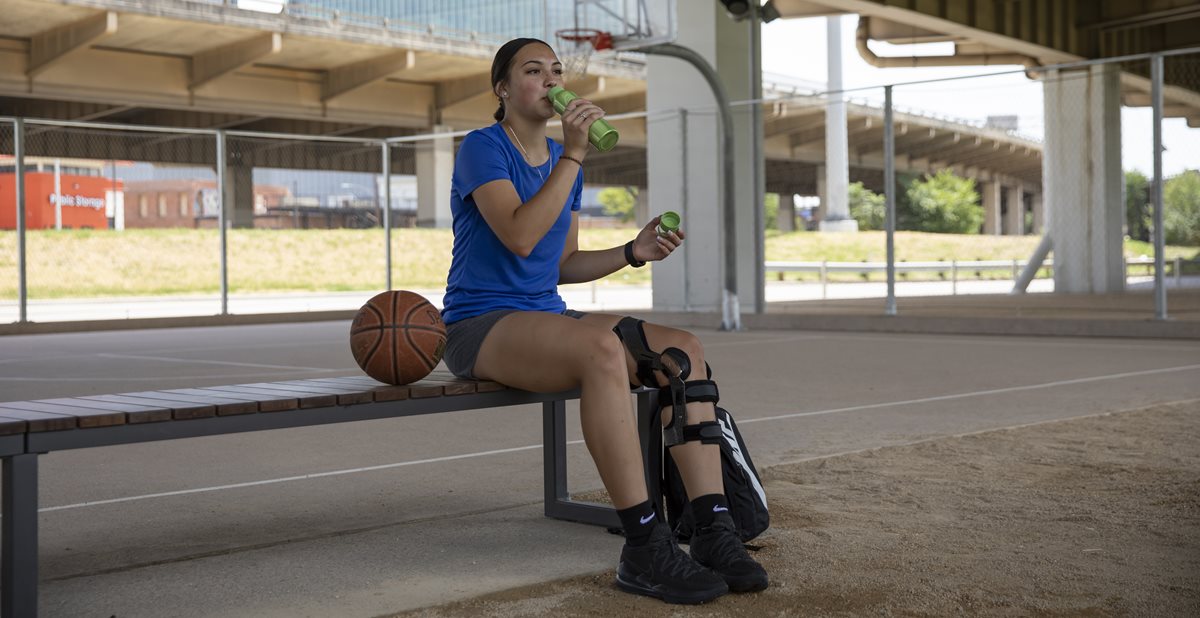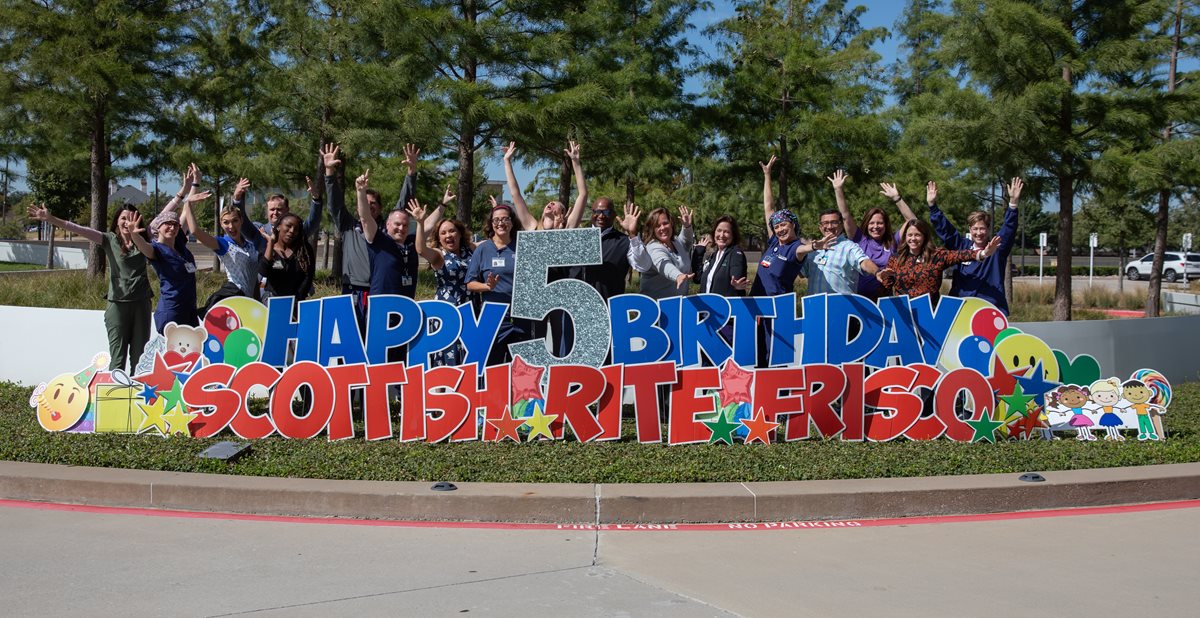
Feb 21, 2022 / Sports Medicine
What is Overtraining Syndrome?
Overtraining syndrome (OTS) is stress that accumulates over time and has negative long-term impacts on an athlete’s performance. Internal and/or external pressures can cause this stress, and it can sometimes outweigh one’s motivation to participate in the sport. This may cause them to no longer enjoy participating, reduce their commitment to training, and in some cases, quit altogether.
“It is important to recognize overtraining syndrome as a sequela of overtraining and to be aware of its manifestations and presentations,” sports medicine physician Jane S. Chung, M.D., says. “Our goal as pediatricians is to help kids stay healthy, happy and active for life.”
What causes OTS?
Since OTS can negatively impact the athlete physically, psychologically, metabolically and hormonally, there are numerous causes. This condition is most commonly seen in endurance athletes, like runners, cyclists and swimmers, and in elite athletes. Other contributing factors are specializing in one sport or participating in only one sport and excluding all other sports and activities, as well as pressure from parents and coaches.
What are signs and symptoms of OTS?
Some common signs of OTS include fatigue, decreased appetite and weight loss, poor sleep, low self-esteem and decreased performance in sports. “A parent may notice that activities the athlete used to enjoy are no longer fun or pleasurable. Some may even completely withdraw from their sport,” Chung says.
How is OTS diagnosed?
OTS is a diagnosis of exclusion, meaning all other possible medical diagnoses have been ruled out. No single test or tool is used to diagnose it. The diagnosis is made with a thorough review of the athlete’s history. This includes history of sport participation, training programs and changes, as well as symptoms reported at the time of the assessment. Imaging and laboratory studies would only be necessary if clinically indicated by specific signs and symptoms or concerns for other medical diagnoses.
What is the treatment for OTS?
Physical and mental rest are key components for treatment. A multidisciplinary approach involving the athlete, parents, coaches, a sports medicine physician and sometimes a mental health specialist is likely to improve the outcome.
Using these four strategies, the team can support the athlete during the rest, recovery and return to sport phases.
Monitor
Monitor for any unexplained performance declines or changes in the athlete’s mood, behavior or stress level.
Track
Coaches and parents should supervise the athlete’s training, keeping track of the training load and ensuring the athlete is getting enough rest and recovery time between training sessions.
Teach
Parents should emphasize the importance of good sleep hygiene, hydration and nutrition for fueling their young athlete.
Talk
Parents need to maintain open communication with their athlete, checking in with him/her often to be aware of any life stressors. Open communication between the athlete, parents, coaches, trainers and the primary care physician is critical in improving the athlete’s state of mind.
With a multidisciplinary approach to treating OTS, the athlete can recognize stressors, learn to deal with them and get back to enjoying the sport.
Learn more about other sports medicine conditions and our experts.



